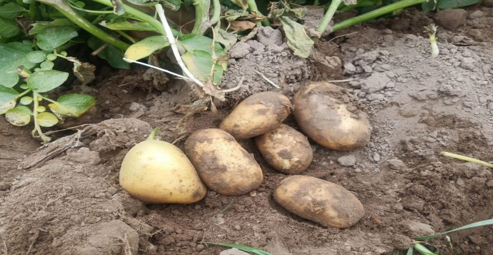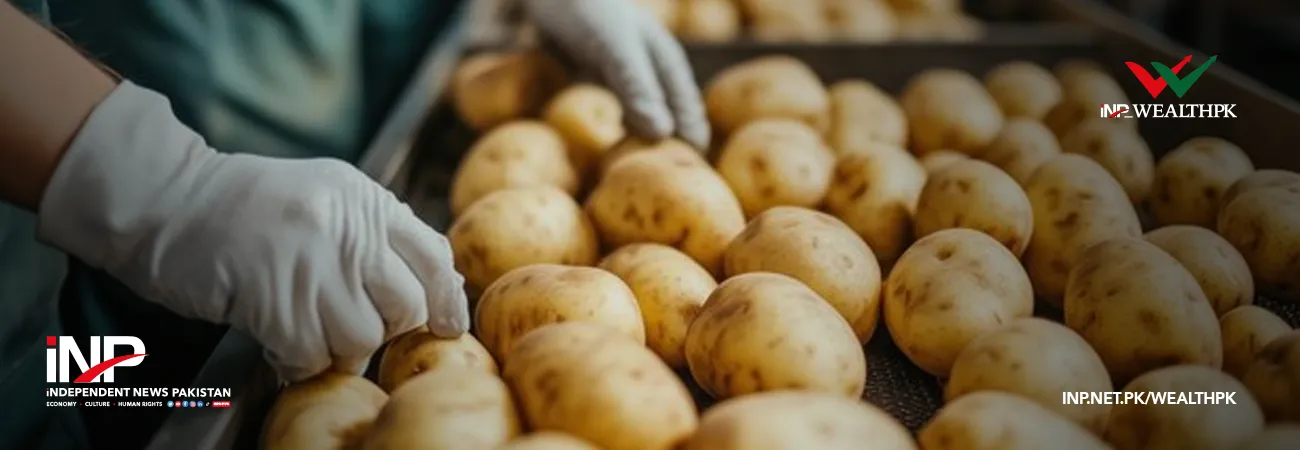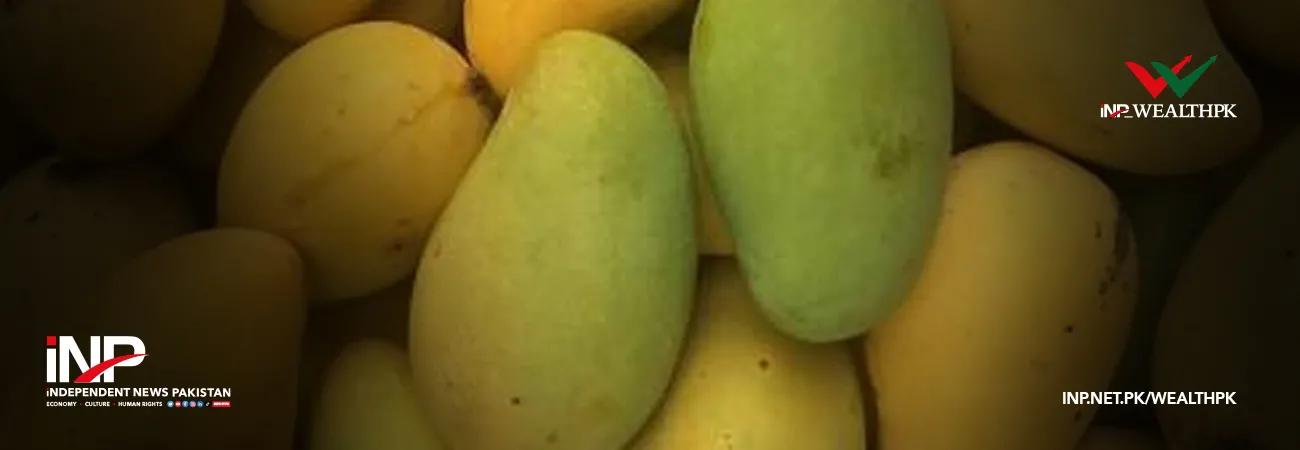INP-WealthPk
Azeem Ahmed Khan
Pakistan has submitted a major agricultural development project to the Korea International Cooperation Agency (KOICA), seeking support for establishing a modern seed potato production and supply centre aimed at significantly reducing reliance on imported seed and upgrading national certification and storage systems.
According to an official document available with Wealth Pakistan, the project is designed to cut Pakistan’s dependence on imported seed potatoes by 70–80 percent while improving productivity and profitability for more than 100,000 potato farmers nationwide. Greater access to certified seed is expected to boost yields, lower input costs, and strengthen food security.
The four-year programme, proposed for 2027–30, includes a planned KOICA investment of US$10 million, in addition to US$2.8 million in in-kind and operational support from the Government of Pakistan. Titled Establishment of Seed Potato Production and Supply Centre (SPPSC), the project would be located at the Pakistan Agricultural Research Council’s National Agricultural Research Centre (NARC) in Islamabad. It aims to localise virus-free seed production using tissue culture and aeroponics technologies that Pakistan currently imports at substantial cost.
The proposed facility would support a complete transformation of the seed potato value chain. Key components include a modern cold-chain network to reduce postharvest losses by 25–30 percent, and a nationwide ERP-based certification and traceability system for seed quality assurance, inventory management, and digital record-keeping. The initiative also aims to strengthen national seed governance through deeper integration with the Federal Seed Certification & Registration Department.
The project further proposes expanding public-private partnerships to scale seed multiplication and distribution, along with extensive training programmes for farmers and technical staff. At least 1,600 farmers, technicians and officials are expected to receive training in aeroponics management, tissue culture, cold-chain operations, seed traceability, and good agricultural practices through KOICA Korea.
According to the document, the new centre will house eight aeroponic systems with a capacity of 25,000 plants, 130 screen houses covering 12 hectares, a climate-controlled cold storage complex, and more than 3,500 sq. m of laboratories for tissue culture, molecular breeding, pathology, and soil analysis. The proposal is currently under KOICA review, with formal approval expected following technical and financial assessments.
Korea has already supported Pakistan in establishing eight aeroponic units, 36 screen houses, and a cold storage facility under the earlier Pakistan–Korea Joint Project. The new SPPSC initiative would build on those achievements and accelerate Pakistan’s transition to domestic, high-tech seed production. Pakistan cultivates potatoes on 953,805 acres, producing approximately 9.4 million tonnes annually.
The country requires nearly 900,000 tonnes of certified seed potatoes each year, but less than two percent of this demand is met locally. As a result, Pakistan imported between 7,000 and 14,000 tonnes of seed annually from 2019 to 2024, at a cost of Rs3-4 billion, mostly from the Netherlands. The country’s four dominant varieties — Asterix, Kuroda, Sante and Mozika — account for more than 80 percent of national production, and the shortage of high-quality seed remains a major constraint on yield and profitability.
To bridge the gap, PARC has already started producing virus-free seed through aeroponic and tissue-culture methods in collaboration with Korea, supplying certified seed to farmers for the 2024–25 season. Building on these efforts, PARC aims to raise yields by 20 percent and eventually meet 30 percent of the national seed requirement, the document added.

Credit: INP-WealthPk












